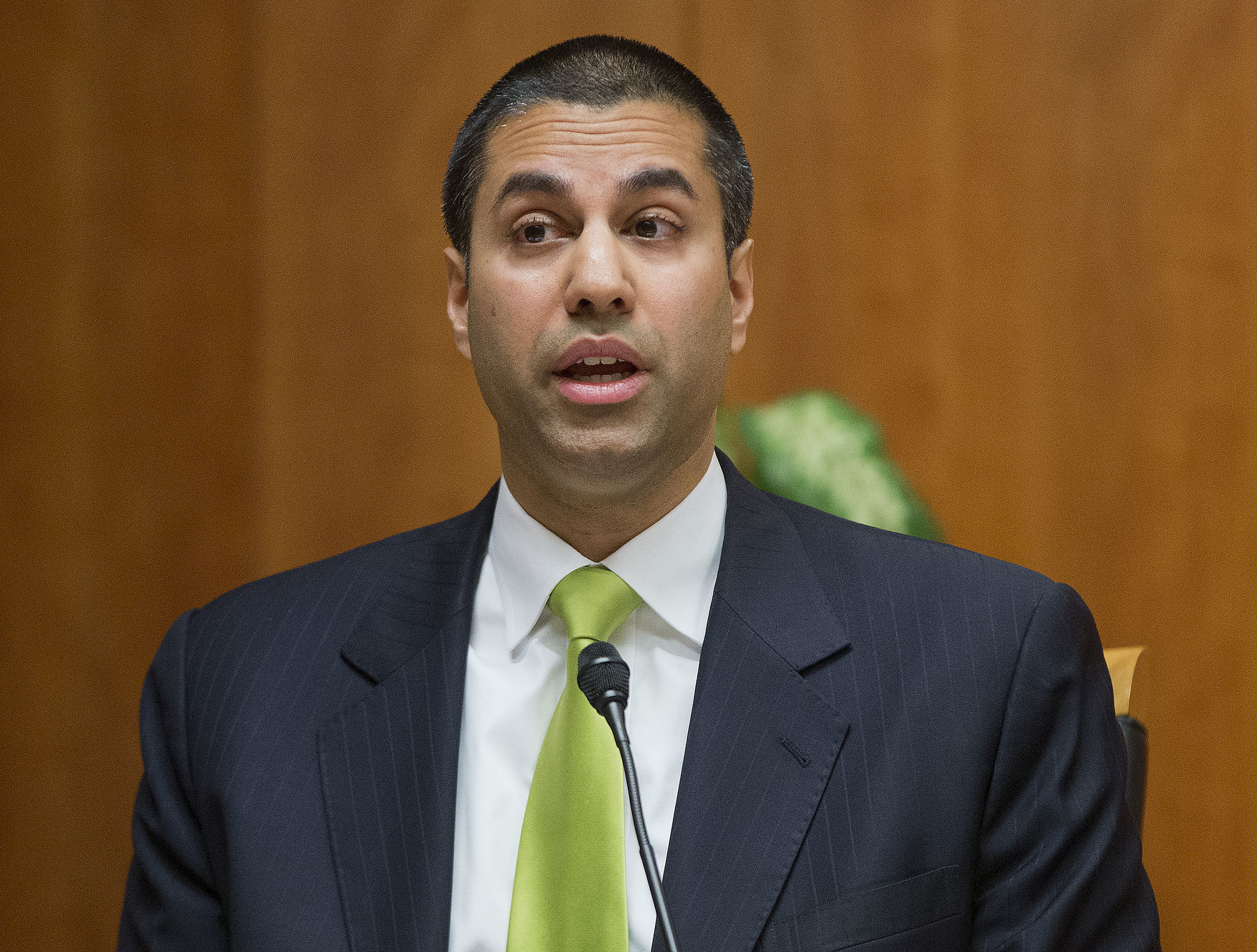Over the last two days, Republican lawmakers have been doing their utmost to appear like they care about American’s digital privacy in a series of hearings with Facebook CEO Mark Zuckerberg.
“After more than a decade of promises to do better, why should we trust Facebook on privacy?” Senator John Thune (R-SD) asked. “The industry needs to work with Congress to determine if and how we need to strengthen privacy standards to ensure transparency for billions of consumers,” said Judiciary Chairman Chuck Grassley (R-IA). House Energy & Commerce Chairman Rep. Greg Walden (R-OR) was concerned there are “critical, unanswered questions surrounding Facebook’s business model and the entire digital ecosystem regarding online privacy and consumer protection.”
But a year ago, Republicans were singing an altogether different tune when they rolled back the Federal Communications Commission’s (FCC) Obama-era privacy rules. The regulations required that Internet Service Providers (ISPs) be transparent about how they handle your data, and get your express permission before selling on data like your geolocation, browsing history and health information.
But since Trump signed the bill last April, ISPs like Verizon, Comcast, and AT&T have been empowered to collect, store, and sell on their customers data to third party advertisers, which sounds suspiciously close to the reason that Facebook was testifying in front of Congress in the first place.
“Republicans here in Congress continue to block or even repeal the few privacy protections we have in this era of non-stop data breaches last year,” Rep. Frank Pallone (D-NJ) told the House of Representatives on Wednesday. “The [Federal Trade Commission] used every tool the Republicans have been willing to give it and those tools weren’t enough and that’s why Facebook acted like so many other companies and reacted only when it got bad press.”
Similarly, last December, the Republican-controlled FCC repealed net neutrality, despite a multitude of tech leaders, including Zuckerberg himself, saying they supported it. The Obama-era regulation which prohibited ISPs from speeding up or slowing down access to certain websites.
Senators at the Facebook hearings seemed shocked at the idea that Facebook would ever contemplate having users pay for service, an idea referenced in a recent Sheryl Sandberg interview, where she mentioned that users would have to pay to opt out of targeted advertisements. “Are you actually considering having Facebook users pay for you not to use that information?” Sen. Bill Nelson (D-FL) asked, seeming incredulous of the possibility. Sen. Orrin Hatch (R-UT) had a similar question about whether Facebook would always be free.
But the reality is that the prospect of paying for website access is exactly the future that the net neutrality repeal holds for us, if it is eventually enacted. Except instead of paying to opt-out of ads, which is what Sandberg was suggesting, consumers will be paying simply to access sites. In Portugal, for instance, where there is no net neutrality, the ISP MEO has started to split internet access into 5 Euro packages for social, video, music, and so on.
After the Facebook hearings, GOP lawmakers like Lindsay Graham (R-SC), John Kennedy (R-LA), and John Thune (R-SD) have all done their best to appear like they’re getting tough on Facebook with potential regulation. But at the same time Republicans have empowered Big Tech and telecom companies to take more and more control of our data through the steady deregulation of the internet architecture designed to protect users privacy.
What’s more, the traditional Republican excuse for deregulation — that it fosters innovation and curbs the “heavy-handed” government bureaucracy — falls completely flat here. The benefits of deregulation aren’t going to small time internet entrepreneurs. They’re going to companies like Verizon and Comcast or people like Peter Thiel, the Silicone Valley billionaire and Trump supporter who sits on the Facebook board.
Unless the GOP takes a serious look at its constant desire to deregulate everything, especially online, the threats to regulate Facebook will just be a band-aid until the next data scandal.

